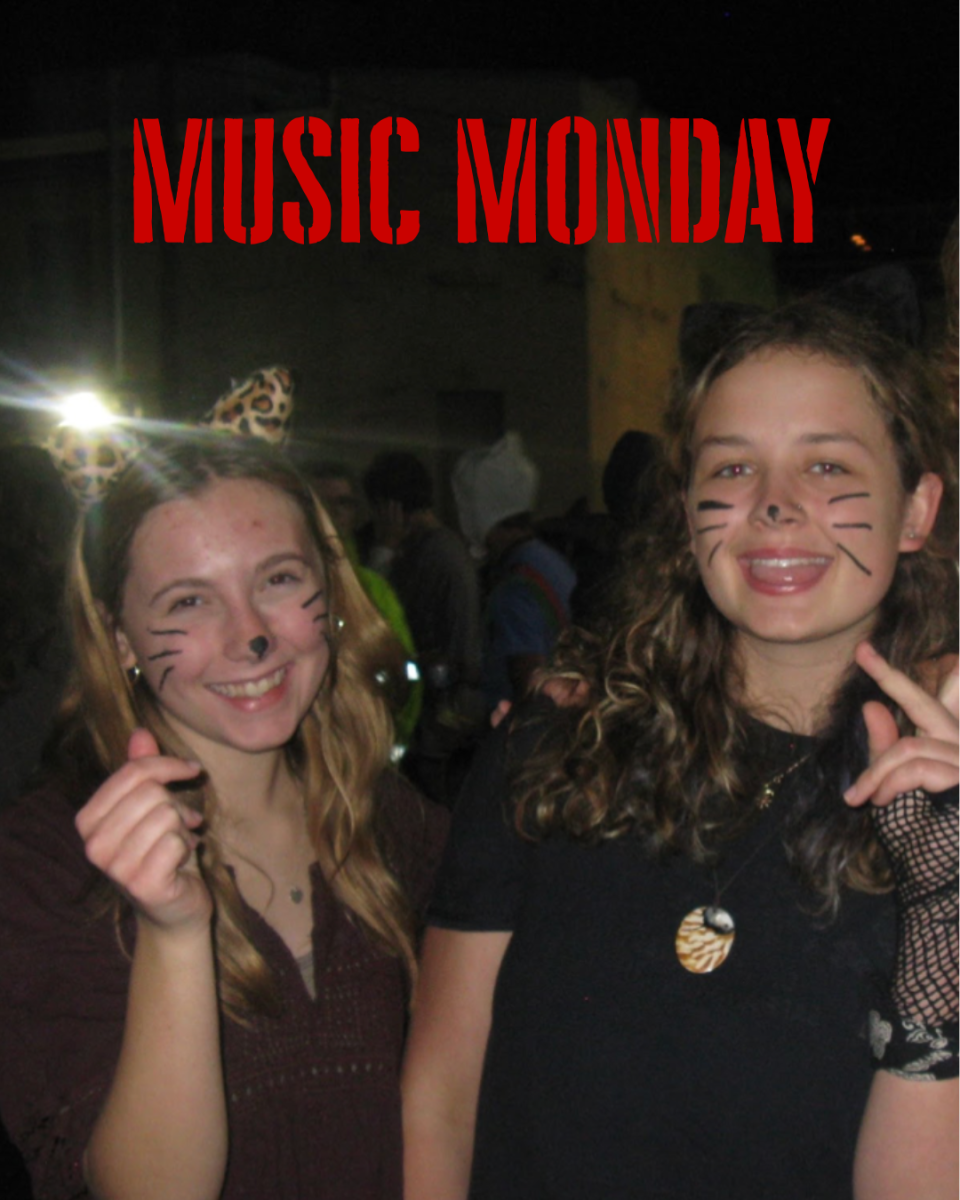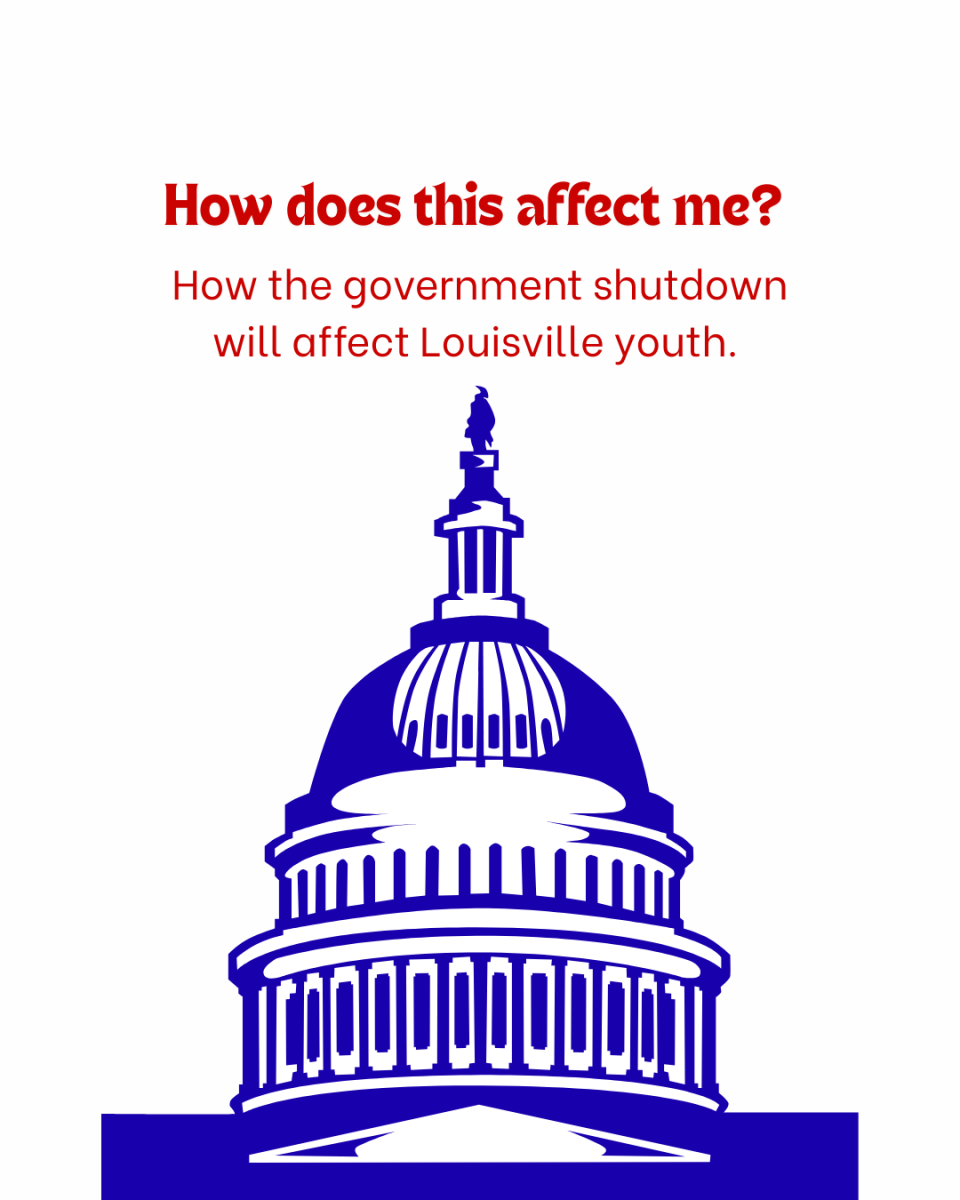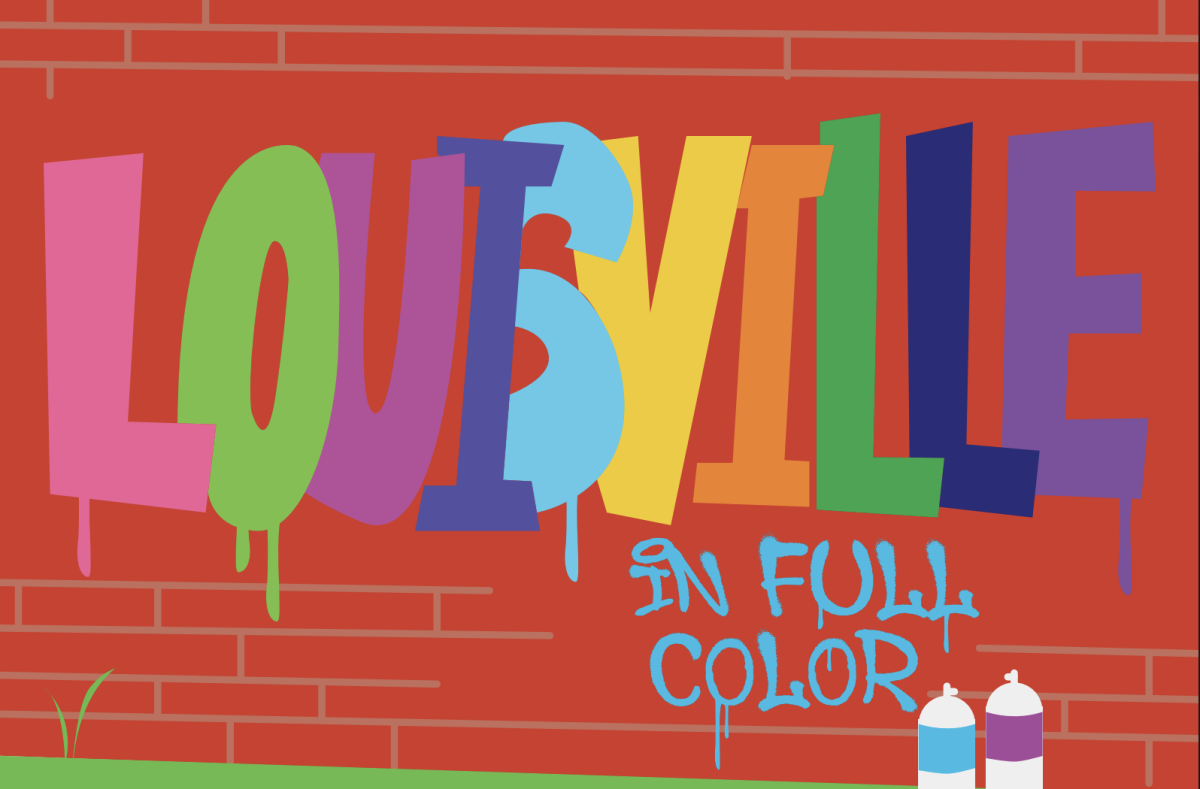The sky was beginning to darken as Asha Valentine, 15, realized she was stranded. She had waited at this bus stop on the curb of a Louisville street for over an hour, yet the bus she relied on still hadn’t arrived. Running out of options, she was forced to call her stepparent to pick her up. Louisville’s public transportation had failed her.
In June 2024, the Transit Authority of River City (TARC), the only public transit system in Louisville and Southern Indiana, enacted several service reductions in response to its financial crisis.
The organization previously announced that it would lose 20% of its operating budget as the American Rescue Plan, a stimulus package designed to help the economy recover post-pandemic, came to an end.
During the pandemic, TARC ridership, like public transportation use around the country, declined significantly and still hasn’t recovered to pre-pandemic levels.
This drop in ridership, coupled with the budget cut, has led to significant financial challenges. According to Louisville Public Media in April 2024, TARC could face a $30 million budget shortfall by mid-2026. TARC’s own projections estimated that its funding reserves would run out by fiscal year 2030.
The June 2024 changes included reducing weekday service on 19 routes to a normal Saturday’s schedule, as well as discontinuing three routes. Just six months later, TARC finalized a series of service reductions and changes affecting 11 more routes. The changes went into effect on Jan. 26, with TARC stating they were “intended to improve reliability and to continue to address TARC’s impending fiscal cliff.”
In March, TARC released two short-term maps outlining the network’s future. The plans included more service reductions, but would increase the frequency of core routes. However, for some of TARC’s nearly 4.8 million annual riders, these changes have weakened transportation accessibility in an already struggling city.
At the same time these service reductions went into effect, JCPS was facing its own transportation challenges, resulting in the elimination of busing for most magnet and traditional schools. The combination of these factors has made finding a ride home significantly more difficult for many local students.
One student affected is Valentine, who has relied on TARC to get to and from school for three years. She attends the J. Graham Brown School, a public school in downtown Louisville that has never offered bus transportation but provides free TARC passes to its students.
While she’s still able to take the bus to school, she now has to ask friends or family members for alternate transportation to get home. She also has to wait an extra 20 minutes in the morning since her previous time slot was eliminated. This has reduced her access to public transportation, which she views as crucial for Louisville.
“Public transportation is the cornerstone of any metro area. Especially with JCPS changes, TARC is a main mode of transportation for a lot of students for school and everyday life,” Valentine said. “The cuts that have been made have been detrimental to a lot of people’s lives.”
Valentine stated that, though operations may seem to be running smoothly, TARC and its riders are experiencing major complications. She has frequently experienced lengthy delays and instances of the bus skipping her stop since the changes.
“If the bus skips me or I miss it, there have been times I’ve had to wait well over an hour for a new one to come,” Valentine said.
Despite some of her negative experiences with TARC, Valentine sees an opportunity for growth within Louisville’s public transit system.
She used to live in New York City, where she witnessed what public transportation could be. New York’s Metropolitan Transit Authority operates the largest public transportation system in North America and offers both subway and bus options.
Though Valentine realizes that Louisville’s population can’t support a system at this scale, she thinks that we can learn from other major cities’ examples.
“I want to see TARC become more organized and have them expand their operations instead of cutting them,” Valentine said. “Public transportation in other big cities is so efficient and reliable, while Louisville lacks it completely.”














